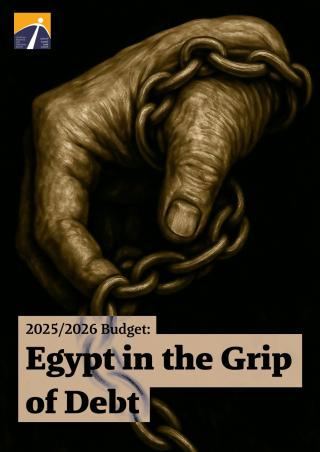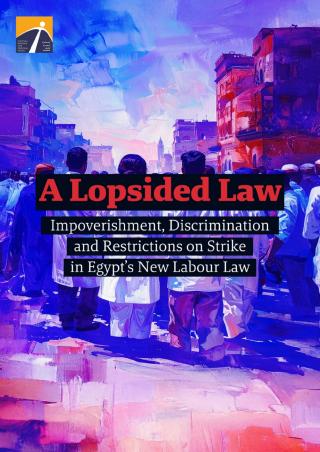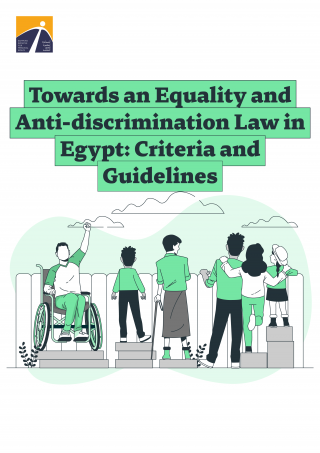The undersigned human rights organizations declare their full solidarity with the Lawyers Syndicate’s decision to stage a general strike on 7 and 8 July and to boycott all court and prosecution proceedings, in protest against the decision by th
Files: Economic Rights
We, the undersigned Egyptian, regional and international human rights organisations, are writing to provide input ahead of the negotiations on the Memorandum of Understanding (MoU) for the EU’s €4 billion Macro-Financial Assistance (MFA) packag
The Supreme State Security Prosecution extended the detention of Ayman Essam, a cassation lawyer and legal advisor to the Old Rent Tenants Association, for 15 days in connection with Case No.
-
58% of new loans are allocated to servicing existing debt, and interest is equivalent to 87% of tax revenue
-
Salaries for senior government officials set to increase by 66%, compared to a 17% raise for healthcare workers and 4% for teachers
The Egyptian Initiative for Personal Rights (EIPR) released an analytical paper titled "The 2025-2026 Budget: Egypt in the Grip of Debts", providing an analysis of the public budget of the fiscal year that began in early July.
- Benefits included in the law are de facto “suspended”, while its provisions deals severe blows to wages and job security
More than 20 years after the issuance of the “Unified Labour Law No. 12 of 2003”, and after nearly nine years of preparing and proposing various ver sions of an updated labour law, the government has put forward a new labour bill at a time of extreme instability, severe inflationary pressures, and a cost of-living crisis for the country’s wage earners.
Read the study here
The Egyptian Initiative for Personal Rights (EIPR) launched today a new study as part of its concerted work and advocacy efforts targeting a new law that guarantees equality, prevents discrimination, and meets the constitutional obligation stip






